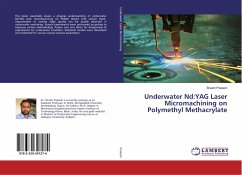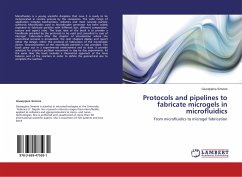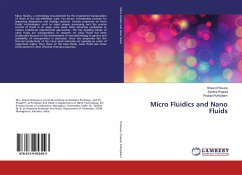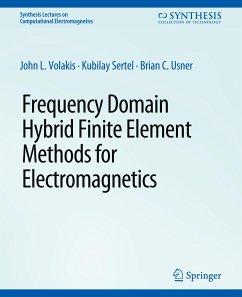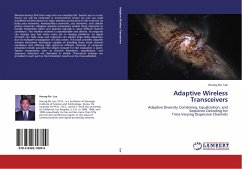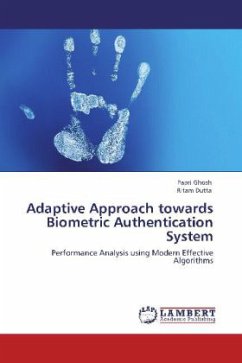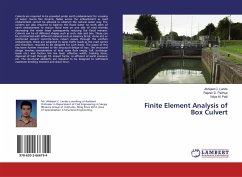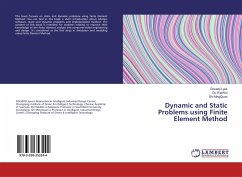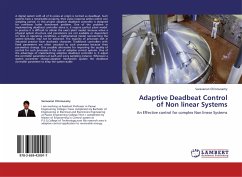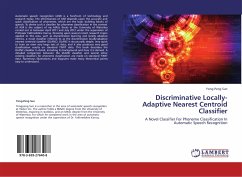
Adaptive Finite Element Methods for Microfluidics
Computational fluid dynamics (CFD) technologies for fluid flows and numerical modeling of electro-osmotic flows in microchannels
Versandkostenfrei!
Versandfertig in 6-10 Tagen
52,99 €
inkl. MwSt.

PAYBACK Punkte
26 °P sammeln!
The aim of writing in this monograph is to introduce a wider audience to the use of adaptive finite element methods with particular emphasis on practical engineering applications to computational fluid dynamics (CFD) design approaches for microfluidics. Nowadays, microfluidic applications spread out even widely throughout research and development activities for various types of MEMS, BioMEMS, or lab-on-a-chip devices. This monograph is to highlight three numerical modeling strategies of microfluidic devices through adaptive finite element methods and parallel computing. Although adaptive finit...
The aim of writing in this monograph is to introduce a wider audience to the use of adaptive finite element methods with particular emphasis on practical engineering applications to computational fluid dynamics (CFD) design approaches for microfluidics. Nowadays, microfluidic applications spread out even widely throughout research and development activities for various types of MEMS, BioMEMS, or lab-on-a-chip devices. This monograph is to highlight three numerical modeling strategies of microfluidic devices through adaptive finite element methods and parallel computing. Although adaptive finite elements in general have been mature subject within their numerical and mathematical aspects, the techniques are still in its infant stage of addressing CFD design approaches for microfluidics. Hence, this monograph is to take a practical engineering approach to attack CFD design of microfluidics. The adaptive finite element methods, which is main topic in this monograph, naturally produceerror estimations of its underlying numerical simulation and further improve numerical solutions by adapting meshes efficiently based on local error indicators given by their error estimations.



